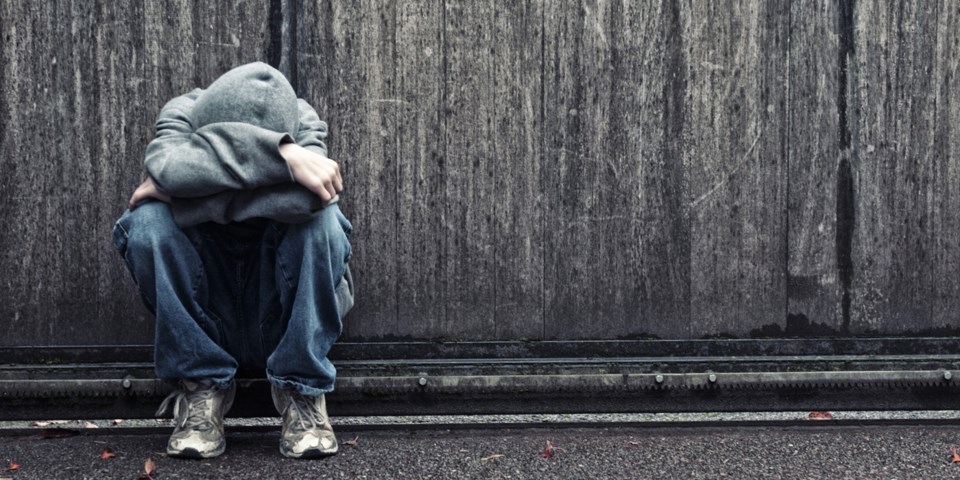It is a measure of the values and priorities of our community that we react only when things become dire – when our most vulnerable seek shelter and comfort in our neighbourhoods and laneways. When the weak and unwell become unsightly and perhaps cause businesses to worry about profit. When tidy gardens and perfect lawns show signs of nocturnal visitors.
Apparently, it has taken the inconvenience and discomfort of our businesses and some property owners to lever a bit of money – $6,000 – to address the matter of homelessness, drug use, and mental illness in the District of Sechelt. In public spaces.
Okay. Let’s by all means worry about how public spaces ought to be sheltered from reality – from the fact that hundreds of folks in our community are homeless through no fault of their own. Preyed upon by drug dealers, pimps, and thieves. Sleeping every night with one eye open for fear of theft and violence.
This reporter has been to the homeless camps. Talked to the folks living rough. Yes, it is true that there is a seasonal increase in the homeless population. Nothing new there. But in the bite of winter, there is a core of good people who stay. Living on the edge. Cold and wet and hungry. Wishing it were otherwise. Hoping for a better life.
If, as a community, we are worried about the unsightly matter of public space, then perhaps we might think about the public purse and how better to spread our tax dollars. We don’t need more studies by consultants who know nothing and nobody, whose go-nowhere reports document the opinions of bureaucrats. We need the voices of those living the life to tell us what is what.
We must think about the difference between causes and symptoms.
To conflate mental illness, homelessness, and drug abuse is a public policy error of the highest order. These are not inevitably coincident. Homelessness is an economic issue. Mental illness is a matter of public health. Drugs are a criminal concern. To worry about the untidy sight of vulnerable people in public spaces – and to spend money studying it – is to misplace social priorities.
Critics, like this columnist, are a dime a dozen. What, you may ask, are solutions? Practical, mainly.
Six thousand bucks could buy enough tents, sleeping bags, and cooking equipment to provide comfort and safety for the core homeless in our community. In that regard, I’d ask Canadian Tire, an enlightened employer and valued member of our community, to suggest a 50-50 split with our local governments to provide survival gear for our most vulnerable.
To our local restaurants and coffee shops – perhaps if an obviously homeless person is close by, then maybe give her a coffee. A kind word, a welcoming gesture, a smile. Then say “I’m with you sister. Be well.”
Jane Fonda, in an inadvertently smart remark, said: “The personal is the political.”
In the talk about public space, and in the perceived clutter of the less decorative members of our community, it is our moral obligation to accept, include, and give a hand to those among us in need. It is a personal choice, but also one that is political. Our votes determine policy. Demand the best from your elected representatives. You pay them. Make them act.
This is a deeply personal and individual concern. And it is political. Act. Speak. Vote.



